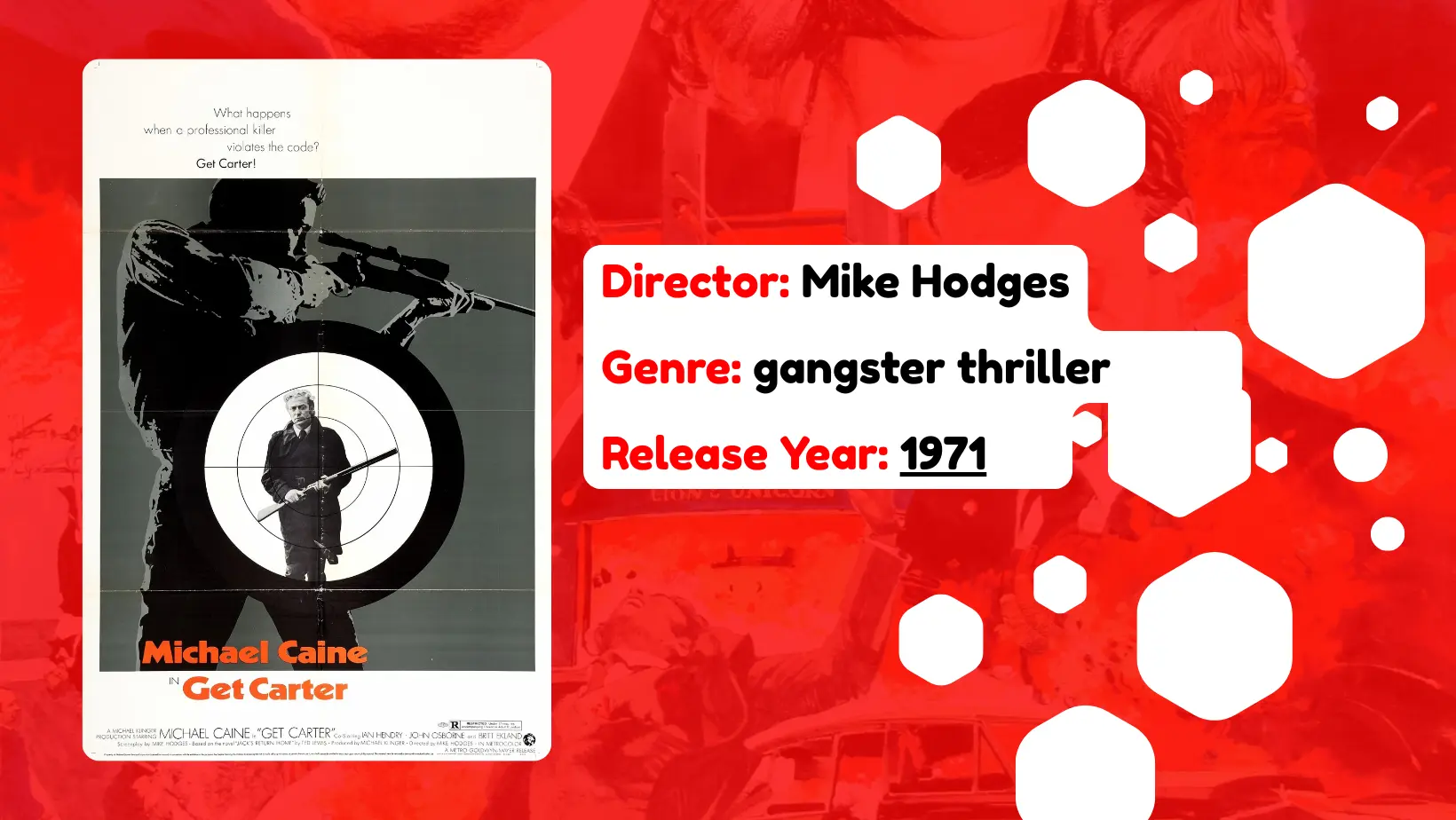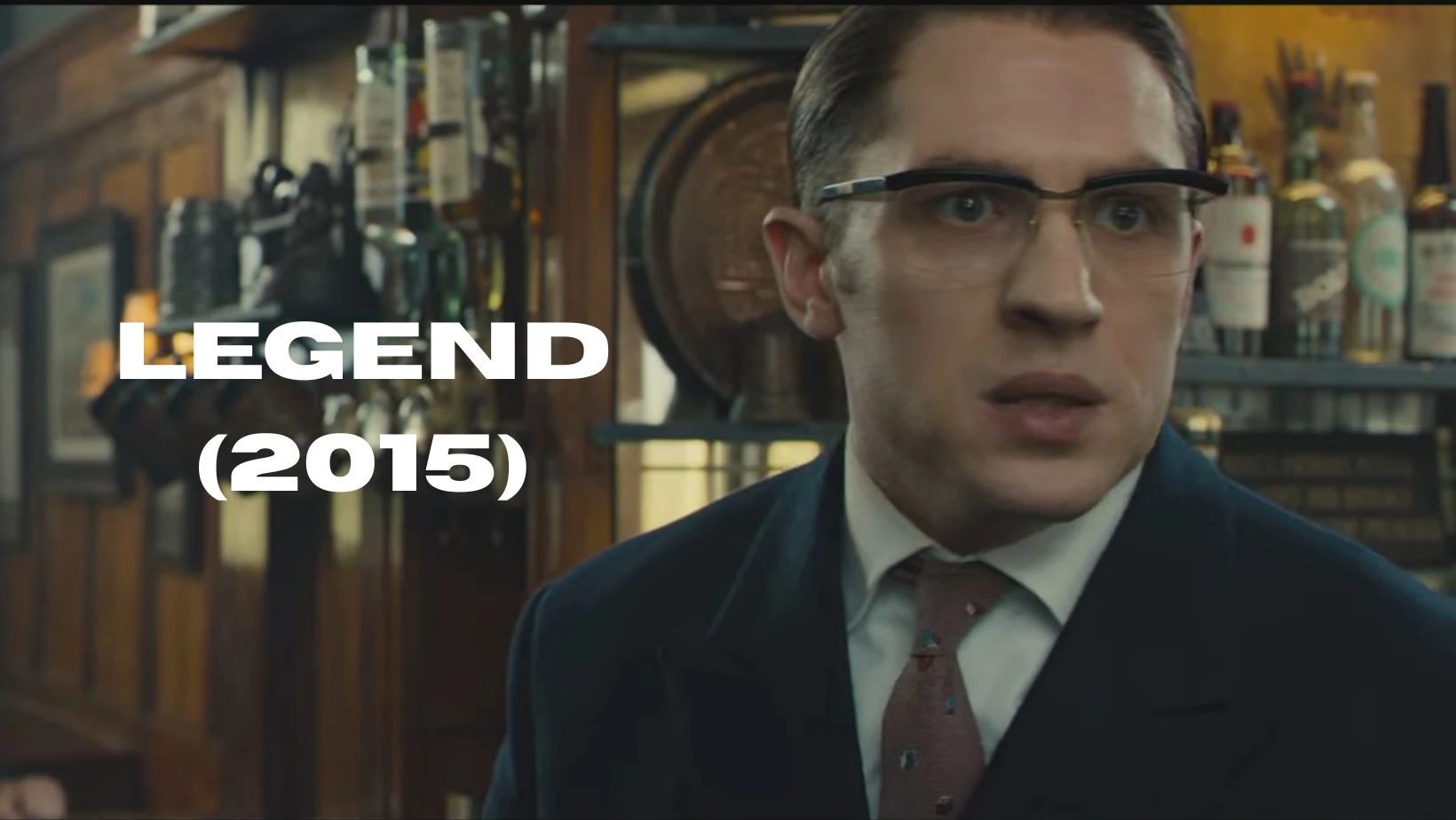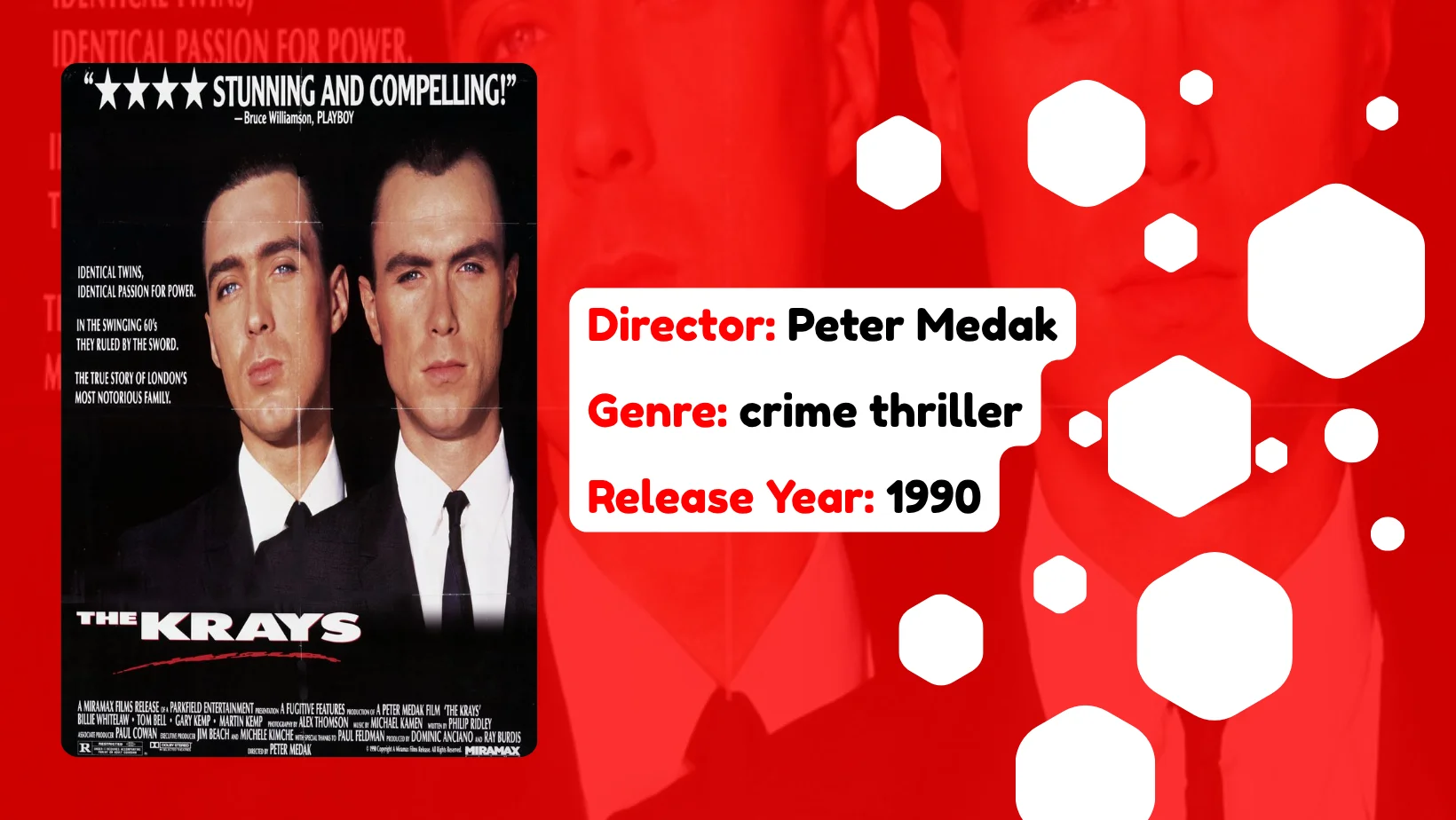Get Carter (1971) stands as one of the most uncompromising and influential British crime films ever made. Directed by Mike Hodges in his directorial debut and starring Michael Caine in one of his most iconic roles, this gangster thriller marked a seismic shift in how British cinema portrayed violence and criminality. Based on Ted Lewis’s 1970 novel “Jack’s Return Home,” the film follows London gangster Jack Carter as he returns to his hometown of Newcastle to investigate his brother’s suspicious death, setting off a bloody trail of vengeance through the gritty underworld of industrial North East England.
Storyline & Plot
The narrative follows Carter’s relentless pursuit of truth and revenge over a single weekend, as he navigates the seedy criminal networks of Newcastle and Gateshead. What begins as a family obligation—attending his brother Frank’s funeral—quickly escalates into a personal war against local crime bosses who may have orchestrated Frank’s death. The story is tightly structured and dialogue-driven, with Carter methodically interrogating contacts, following leads, and eliminating obstacles in his path.
Hodges crafts a linear narrative that feels like a detective story in reverse—Carter is the criminal seeking justice rather than a lawman pursuing criminals. The film explores themes of class conflict, urban decay, and moral corruption with unflinching brutality. Unlike traditional British crime films that often romanticized gangsters as either comedic or sympathetic figures, Get Carter presents its protagonist as a cold, calculating killer whose quest for vengeance ultimately consumes him.
The tone is relentlessly dark and naturalistic, capturing the grimy reality of early 1970s working-class Britain. The pacing is deliberate and methodical, building tension through Carter’s systematic destruction of the criminal network while revealing the depths of corruption surrounding his brother’s death. The discovery of a pornographic film involving his teenage niece adds a deeply personal motivation that drives Carter beyond mere professional obligation into a fury that seals his fate.
Characters & Cast
Michael Caine as Jack Carter delivers what many consider his finest performance, creating an anti-hero of remarkable complexity. Caine’s Carter is neither likeable nor sympathetic—he’s a professional killer who shows no remorse for his actions. Yet Caine imbues the character with such quiet intensity and magnetic presence that he remains compelling throughout. Drawing on his working-class London background, Caine understood Carter as “the ghost of Michael Caine”—representing a path his own life might have taken under different circumstances. His performance is precise, controlled, and utterly convincing.
Ian Hendry as Eric Paice provides a fascinating counterpoint to Caine’s controlled menace. Hendry, whose career was declining due to alcoholism, channels real-life resentment toward Caine’s success into his portrayal of the weak, treacherous Eric. The tension between the actors translates perfectly on screen, creating an authentic sense of mutual antagonism.
John Osborne as Cyril Kinnear, the urbane crime boss, was an inspired casting choice. The renowned playwright brings a quiet, educated menace to the role, speaking so softly that the sound recordist had difficulty capturing his lines. This creates what Hodges called “menace in that quietness”—making Kinnear far more threatening than a typical loud gangster.
Britt Ekland as Anna appears briefly but effectively as Carter’s lover, representing his London life and the escape he plans but will never achieve. Bryan Mosley as Cliff Brumby brings working-class authenticity to the “big man” role, while George Sewell and Tony Beckley are perfectly cast as Carter’s London colleagues, each bringing distinct personality to their limited screen time.
Direction & Style
Mike Hodges demonstrates remarkable assurance for a first-time feature director, bringing his television and documentary background to create a naturalistic, unglamorous vision of criminal life. His approach eschews flashy camera work in favor of precise, observational filmmaking that captures the authentic texture of Newcastle’s urban landscape.
Hodges’s style draws heavily from American film noir and detective fiction (Carter is seen reading Raymond Chandler’s “Farewell My Lovely” on the train), but transplants these influences into a distinctly British working-class milieu. The director’s documentary experience shows in his meticulous research into Newcastle’s criminal underworld, incorporating real locations and authentic details that ground the story in believable reality.
The film’s visual language is deliberately stark and unforgiving, reflecting Carter’s single-minded pursuit of vengeance. Hodges uses the industrial architecture of Newcastle—particularly the brutalist Trinity Square car park where the climactic confrontation occurs—as both setting and metaphor for the harsh, uncompromising world his characters inhabit.
Cinematography, Music & Technical Aspects
Wolfgang Suschitzky’s cinematography captures the bleakness of early 1970s Newcastle with documentary-like authenticity. The visual approach favors natural lighting and real locations, creating an atmosphere of urban decay that perfectly complements the story’s moral landscape. The famous car park sequence demonstrates masterful use of architectural space to create suspense and visual drama.
Roy Budd’s jazz-influenced score is a masterclass in minimalist film music. The memorable main theme, performed on multiple keyboards, perfectly captures Carter’s cool professionalism while the sparse, atmospheric scoring throughout maintains tension without overwhelming the naturalistic tone. Budd’s music has become as iconic as the film itself, influencing countless subsequent crime films.
The editing by John Trumper maintains the film’s relentless pace while allowing moments of character development and atmospheric detail. The technical aspects all serve the story’s uncompromising vision, avoiding stylistic flourishes that might soften the harsh reality Hodges seeks to present.
Audience Appeal
Get Carter will particularly appeal to fans of sophisticated crime dramas who appreciate character-driven narratives over action spectacle. Viewers who enjoy the moral ambiguity of films like The Long Good Friday, Layer Cake, or Martin Scorsese’s early crime films will find much to admire in Carter’s ruthless efficiency and the film’s unflinching portrayal of criminal violence.
The film also offers rich rewards for those interested in British social history, as it captures a specific moment in the country’s transition from industrial past to uncertain future. Fans of Michael Caine’s work will see him at his absolute peak, delivering a performance that ranks among his very best alongside Alfie and The Ipcress File.
However, this is decidedly not a film for those seeking easy entertainment or clear moral boundaries. Carter offers no redemption arc or sympathetic qualities—he’s a killer doing what killers do, and the film never asks us to like him for it.
Overall Impression
Get Carter succeeds brilliantly as both a gripping crime thriller and a bleak examination of class, violence, and urban decay in 1970s Britain. Its greatest strength lies in its absolute commitment to its harsh vision—there are no compromises, no softening of Carter’s brutality, no false redemption. Mike Hodges and Michael Caine create a character study of remarkable depth within a tightly plotted revenge narrative.
The film’s influence on British crime cinema cannot be overstated. Directors from Guy Ritchie to Shane Meadows have acknowledged its impact, and its unflinching portrayal of criminal life helped establish a new realism in British filmmaking. The authentic Newcastle locations, lived-in performances, and Roy Budd’s innovative score combine to create a work that feels both of its time and timeless.
While the film’s uncompromising violence and moral bleakness may challenge some viewers, these elements are essential to its artistic integrity. This is a film that earns its brutality through honest character development and authentic social observation.
Verdict: ★★★★½
“This is a must-watch if you enjoy morally complex crime dramas that prioritize character depth and atmospheric authenticity over flashy action sequences.”
Get Carter remains the definitive British gangster film—a masterpiece of controlled violence and social observation that has only grown in stature over the decades. Roger Ebert praised it as showing Michael Caine “as the sure possessor of all his unconscious authority,” and that assessment rings as true today as it did in 1971. This is essential viewing for anyone serious about crime cinema or British film history.







